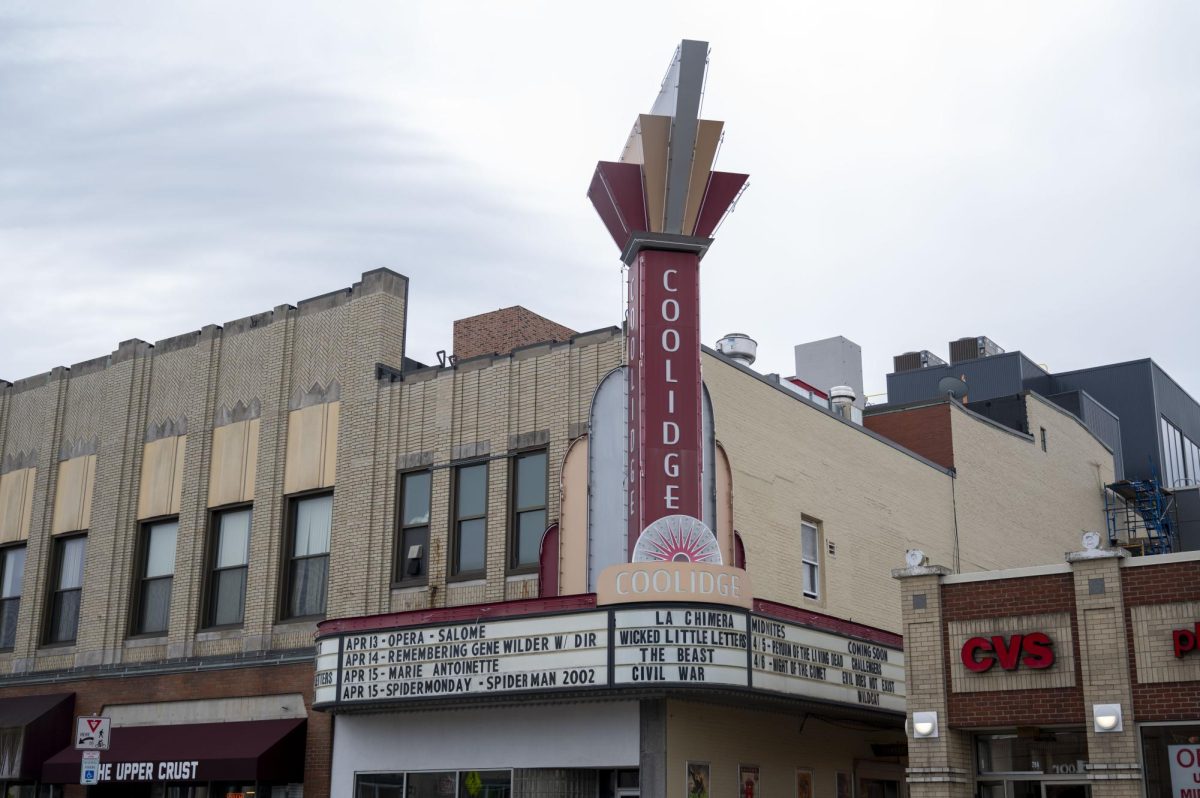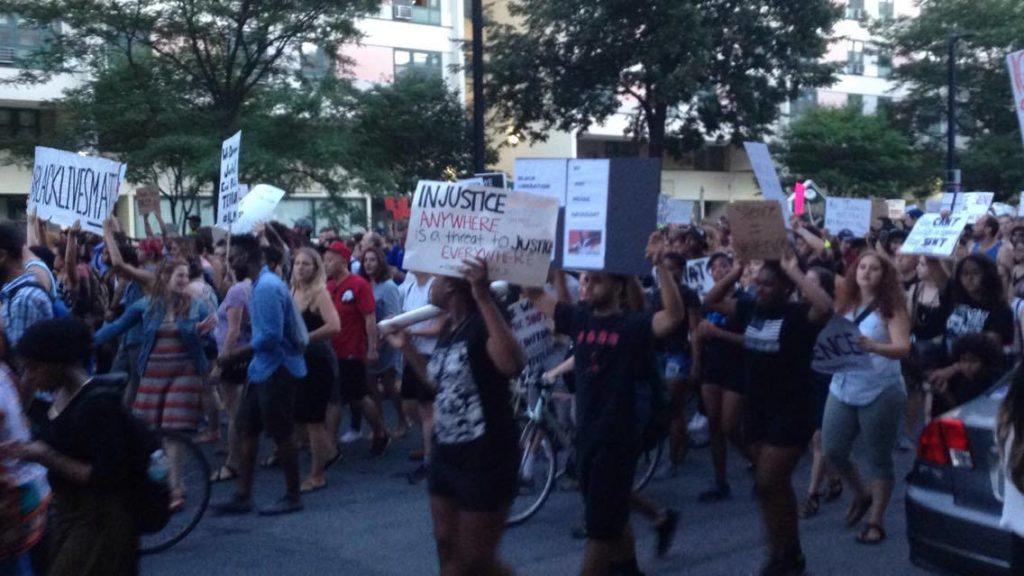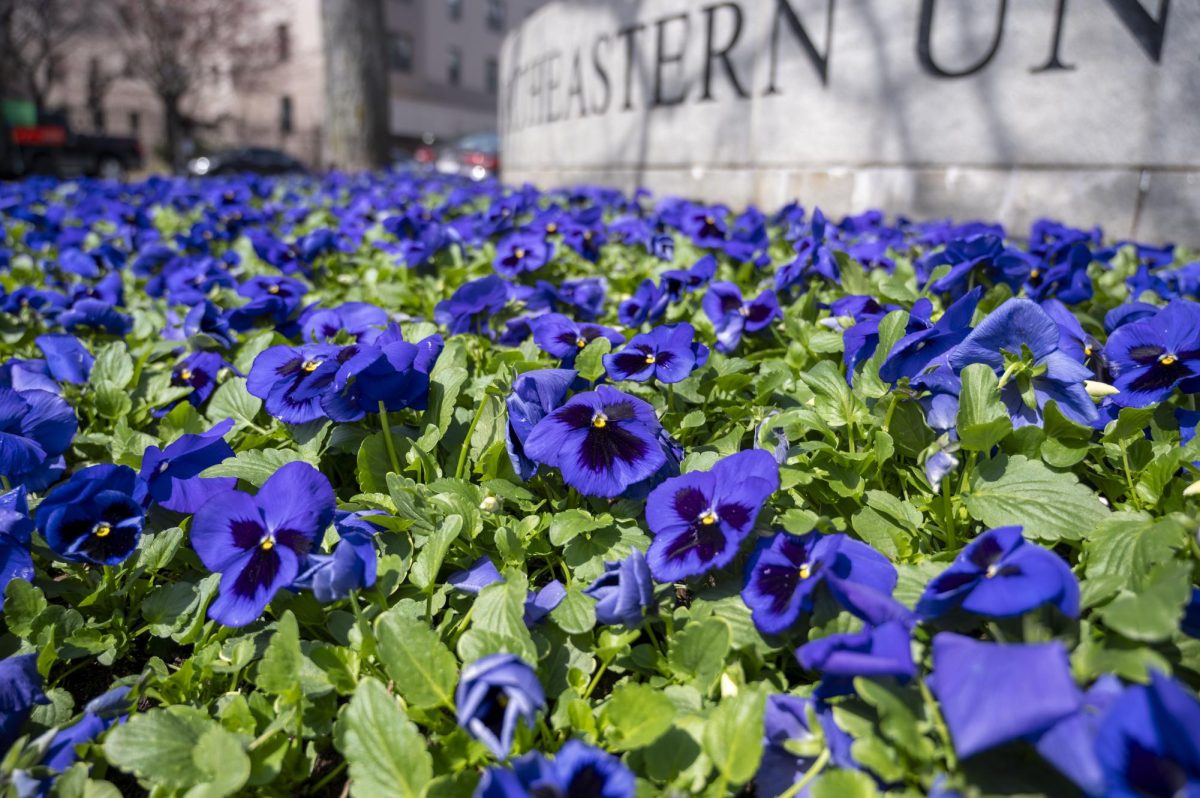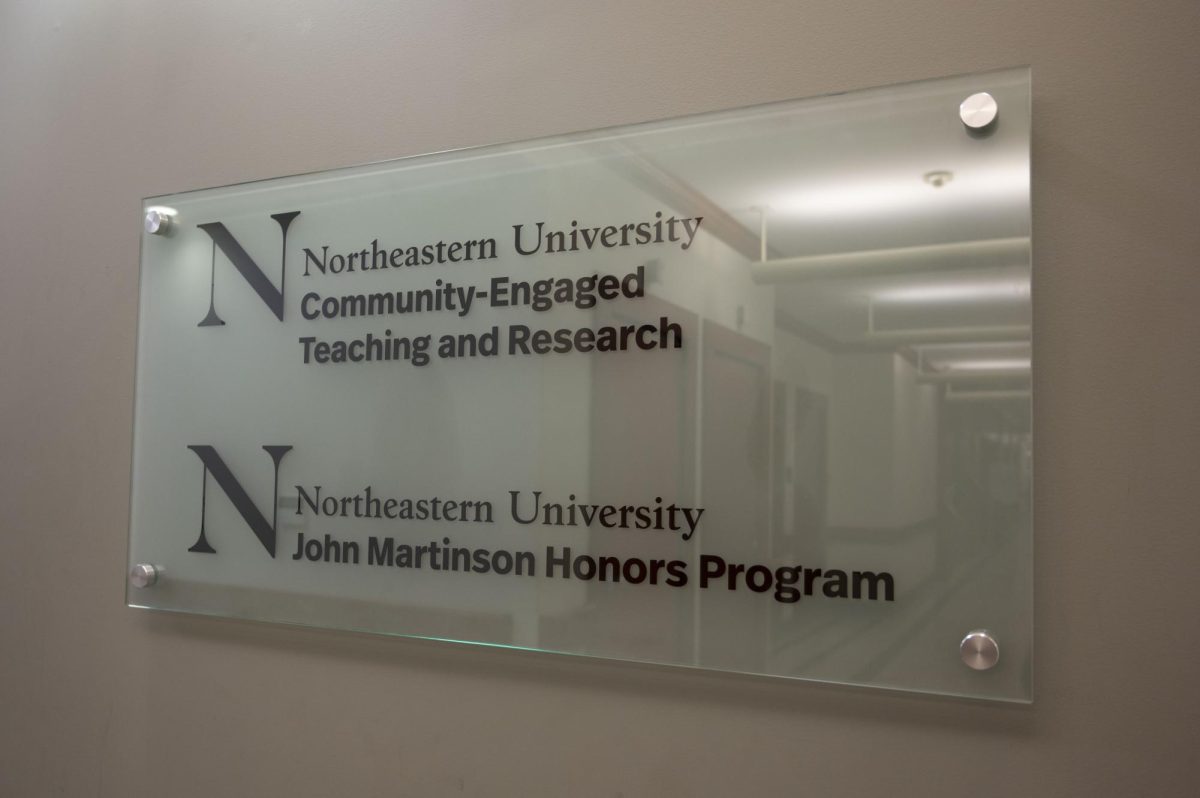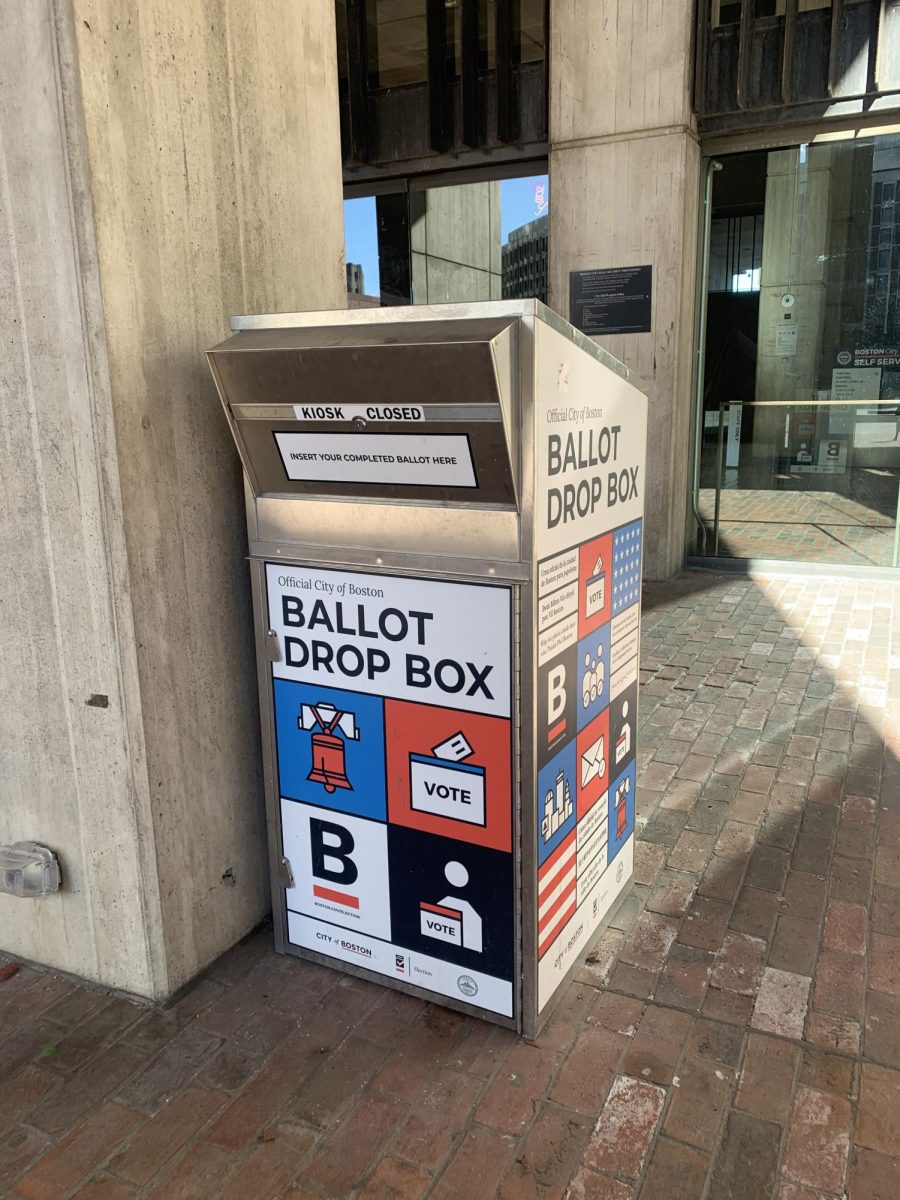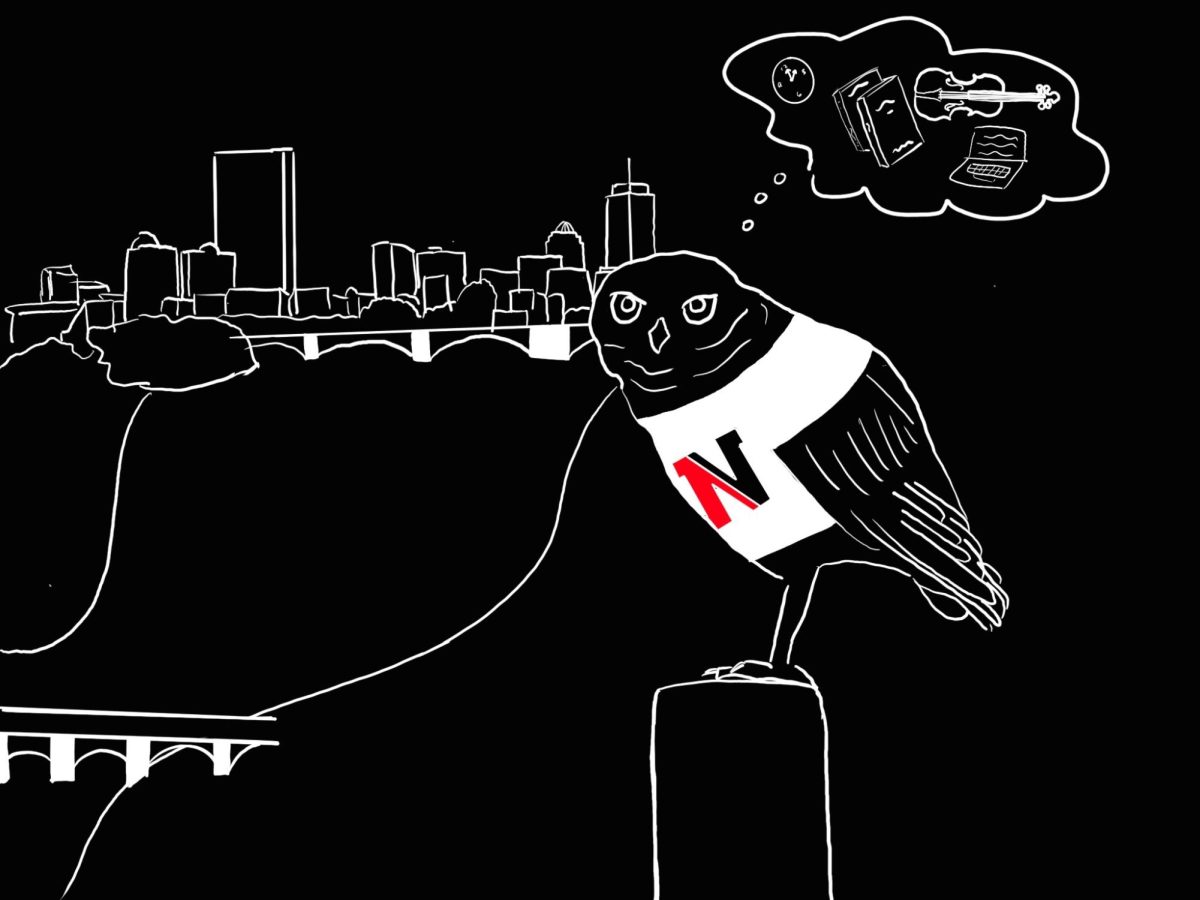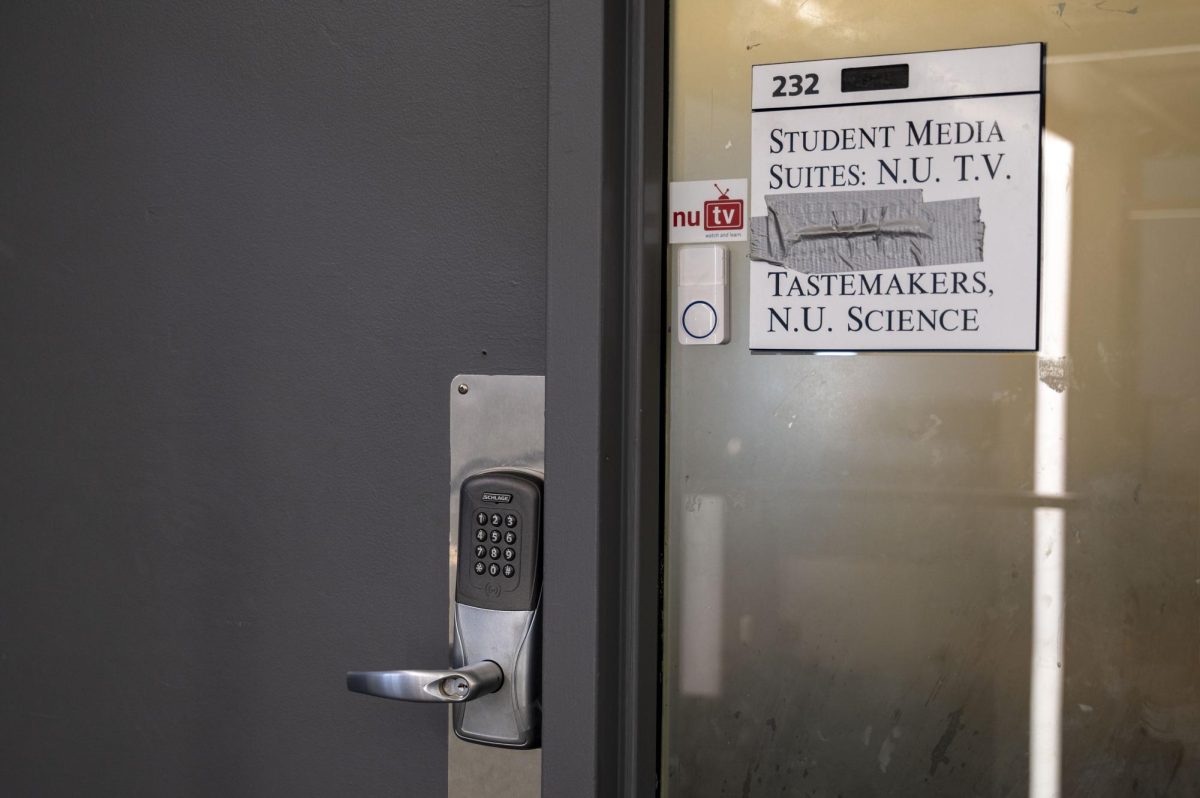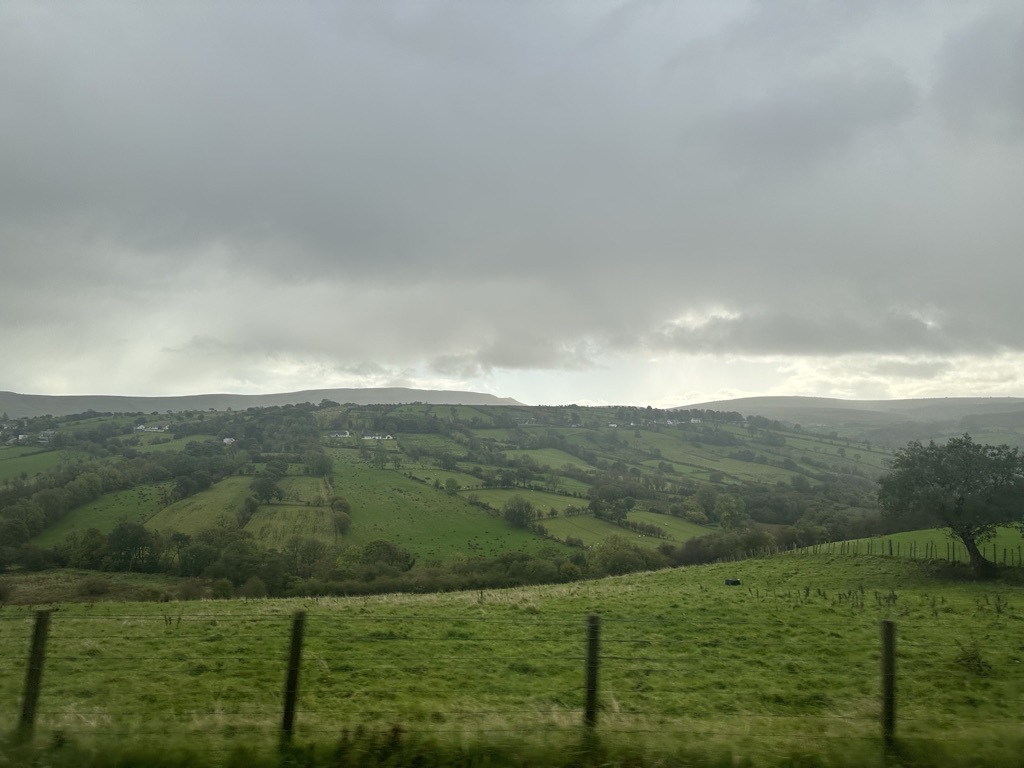Videos showing two tragic and brutal killings of black men by police officers two weeks ago marked the latest iteration of a shocking—yet too familiar—pattern of police violence against African-Americans in this country. Within 48 hours, Alton Sterling was shot in the chest while pinned to the ground by officers in Baton Rouge, Louisiana, and Philando Castile was shot in the arm while reaching for identification after an officer pulled him over for resembling a robbery suspect with “a wide-set nose.”
Compounding the tragic deaths of both men, an unaffiliated gunman killed five police officers near a peaceful Black Lives Matter protest in Dallas, Texas on Thursday, July 7. On Sunday, July 17, a military veteran with ties to the anti-government Sovereign Citizen movement opened fire on police in Baton Rouge, killing three more.
After two weeks punctuated by chaotic violence, we condemn the shootings of these 10 men. All killing is wrong, inhumane and wrong again. However, the shootings of Alton Sterling and Philando Castile deserve special attention from our readers and the country as a whole.
In the days following their deaths, national conversation turned again toward police brutality and institutionalized, violent oppression of black people in this country. Members of the public who had previously been silent began to acknowledge the existence of a serious problem. Hashtags and sympathetic posts flooded social media. Activists, many of whom have been working for years as their concerns remain unheard, organized rallies and community meetings; at least four took place in Boston between July 6 and July 13.
And then, the deaths of eight police officers swept the media and cultural narratives in a new direction. Pundits and political leaders appeared on TV and drove the conversation away from systemic violence and black pain and toward officer safety and breathless, racially charged, patently false accusations that the Black Lives Matter movement wanted a war on police.
In part as a result of the changing media narrative, too many of the voices that proclaimed #BlackLivesMatter have yet to follow their social media activism with real-world actions. This is not a new problem; whether due to distraction, apathy, insincerity, guilt, confusion over next steps, fear of making mistakes or other reasons, vocal support often does not translate into direct action. This must change.
We speak specifically to students who have the privilege to engage in conversations on race and violence at their convenience; students who, like some of us at The News, have rarely if ever been forced to question whether their country and their society value their lives. Many of us have been grappling with the question of what steps to take next—which is itself another luxury afforded by the distance of privilege—while leaving black people and black voices to bear the burden of changing a system designed to shut them out. We at The News do not claim to have all the answers; but to students who believe they have already done enough or who have no idea where to go next, we endorse the following.
Bear witness.
Scores of black Americans wrote and spoke passionately about the reality of systemic injustice in their lives in the days after Castile and Sterling were killed. While it should not be the responsibility of the black community to explain the burden of racism to non-black audiences, it is the responsibility of everyone to read and to listen. Consider, for example, the following excerpt from a piece written by Northeastern junior Lola Akingbade in the NU Onyx Informer:
“The one thing that we as a Black community are soberingly used to is loss. It’s a weight so heavy that it suffocates us, wears down our minds, and lays heavy on our hearts like neglected armor. What’s different about experiencing loss when you’re Black is that no matter the scenario, it is always the same scenario. Tragedy repeats itself like a broken record[…]To live and be Black is revolutionary everyday. To travel, to dance, to love, to exist is defying the very historical forces which preface your daily actions. And even to exist is a lot to navigate. Microaggressions hurt so much because they have little proof. They’re everywhere and nowhere. The stranger who crosses the street right as they see you passing, the manager who assigns you intern work as an associate, the promotion that you don’t get even though you’ve been there twice as long in favor of someone half as qualified as you are.”
Surely, the weight of loss Akingbade describes is not a vision of how the world should be. Nor is the disregard of black lives by law enforcement, as Roxane Gay described in a New York Times op-ed. Seek out these stories and others like them. Seek to understand. When doubts and confusion arise, avoid the temptation to disengage or to ask a black friend, classmate or colleague to explain the world to you; instead, read testimonies and listen to stories and examine the scores of anecdotes and data that illuminate the reality of a criminal justice system and law enforcement apparatus which often treats black people as inferior.
Join ongoing action directed by black leaders.
Boston, like many other cities across the country, houses a network of activists, organizers and community groups who work to confront and resist racist systems. Engaging less-aware people around you in conversations about race and injustice may change minds, but it will be impossible to change policy and overhaul policing without direct action and, at times, civil disobedience from groups of committed Bostonians and students.
Such groups draw their power in part from their numbers—and, when appropriate, welcome new participants. Crucially, they are run by black leaders and guided by black Bostonians. Non-black students who care about fighting racism must submit to their leadership. For some, that may be uncomfortable—consciously deciding to follow instead of lead is not a message white students hear often, nor is it one prioritized by businesses and colleges like Northeastern who tell students of all races that leadership is the path to success. Privately acknowledging those feelings of discomfort is important; but publicly, what matters is supporting and joining black-led movements while leaving personal discomfort and confusion at home.
Organizations like Mass Action Against Police Brutality (MAAPB), Showing Up for Racial Justice (SURJ), Black Lives Matter Boston, the Anti-Racism Collaborative (ARC), Black and Pink and several others are all doing vital work in Boston. Their work is worthy of support. MAAPB organized a rally last week; SURJ Boston is hosting a monthly chapter meeting open to all people on Thursday, July 21; ARC Boston is running a five-week course beginning on July 28 to help interested but unsure newcomers understand their role in confronting racism; and MAAPB has plans for another, bigger march on Aug. 9, the two-year anniversary of the death of Michael Brown, the unarmed black 18-year-old shot and killed by an officer in Ferguson, Missouri.
Pressure local politicians.
In addition to supporting and engaging in collective action (while letting established leaders set the tone), the Northeastern community should push to make anti-racism and police reform priorities to the politically powerful. Call local representatives. Ask what their offices are doing to help. Remind them that we, as a community, and you, as a constituent, care deeply about black lives—deeply enough that your vote depends on it. City councillor Josh Zakim, who represents much of NU’s campus and surroundings, Mayor Martin J. Walsh, the senators and representatives in your home state, your governor and the heads of local executive bodies—including the Boston Police Department and the Suffolk County District Attorney—need to know that their actions will directly influence their ability to win re-election or, if unelected, to be viewed with approval. Politicians go where their voters do; if we show them black lives matter to us, those lives will matter to them, too.
Press the issue at Northeastern.
This university’s relationships to race and policing are complex ones. Northeastern’s campus borders, among others, Roxbury and Mission Hill, and members of these and other neighborhoods have vocally expressed frustration with NU in the past. Housing more students on campus would seem to help the problem; but creating more “on campus” dormitories by pushing further into Roxbury is gentrification, not a solution. Northeastern is an increasingly diverse institution by some definitions—but one whose black population remains small.
Frustrated students have and will continue to raise these issues, through forums including the Student Government Association and Students Against Institutional Discrimination (SAID). To its credit, the university administration seems to be taking these concerns seriously, hosting a series of town hall meetings this spring with faculty, staff, students and SAID members, including one on Northeastern’s status as a neighbor. Members of senior leadership are genuinely concerned what a good neighbor and a diverse school truly looks like. This willingness to engage should be pursued at every opportunity by the student body until Northeastern is a true friend to surrounding communities, the university’s housing policies don’t force people of color from their homes in Roxbury and on Mission Hill, and diversity is more than a buzzword.
–––––
After two weeks punctuated by chaotic violence, we pause to mourn and acknowledge the dead. These are their names:
- Philando Castile
- Alton Sterling
- Lorne Ahrens
- Michael Krol
- Michael Smith
- Brent Thompson
- Patrick Zamarripa
- Brad Garafola
- Montrell L. Jackson
- Matthew Gerald
We mourn, too, the hundreds men and women who have been killed by police officers and have died in the purgatory of jail cells awaiting the help of a justice system that seems not to care. But we remind our readers that lamentation and social media are first steps, not final ones. Change will not come simply, and taking action will often involve discomfort, mistakes, challenging emotions and friends, family and systems that push back. The News implores students to neither let those challenges stop them nor to let them take center stage in spaces meant for healing, reparation and empowerment of the black community.
Black Lives Matter. As a campus and a community, it is our responsibility to show that we mean it.



